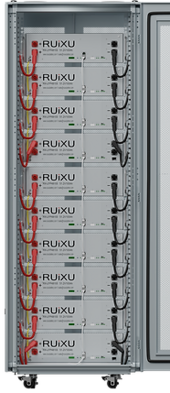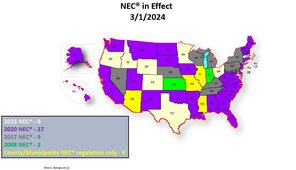chicagoandy
New Member
Hello,
I was hoping to get some feedback on a quote from a custom installer.
Installation is on the roof of a 3,600 square foot two story house in north suburban Atlanta.
They also estimated an expensive Homegrid battery system, instead I plan on adding my own Ruixu 10-rack of 48v100ah, or 48,000WH battery.
18 Panels mounted South
8 panels mounted west
Total Georgia Power consumption in 2023 was 20,447 kwh, using the EV TOU rate. ($.08/kwh overnight, $.32/kwh peak afternoon). Annual spend in 2023 was $2,904, $.142/kwh avg.
They will include a Bi-pass Transfer Switch (instead of a fused disconnect), but do not plan on any combiner boxes or fuses on the PV wire.
I'd love to hear anyone's thoughts on this proposal.
Thanks.
I was hoping to get some feedback on a quote from a custom installer.
| Inverter | Sol-Ark 15K | |
| Optimizer | 26 X Tigo TS4-A-O + monitoring & shutdown | |
| Panels | 26 X REC 420AA Pure 2 | Total System Price - REC : $34,725.60 |
| or | 26 X QCells Q.PEAK DUE BLK ML-G10 + 410 | Total System Price - QCells : $32,513.00 |
Installation is on the roof of a 3,600 square foot two story house in north suburban Atlanta.
They also estimated an expensive Homegrid battery system, instead I plan on adding my own Ruixu 10-rack of 48v100ah, or 48,000WH battery.
18 Panels mounted South
8 panels mounted west
Total Georgia Power consumption in 2023 was 20,447 kwh, using the EV TOU rate. ($.08/kwh overnight, $.32/kwh peak afternoon). Annual spend in 2023 was $2,904, $.142/kwh avg.
They will include a Bi-pass Transfer Switch (instead of a fused disconnect), but do not plan on any combiner boxes or fuses on the PV wire.
I'd love to hear anyone's thoughts on this proposal.
Thanks.
Last edited:






